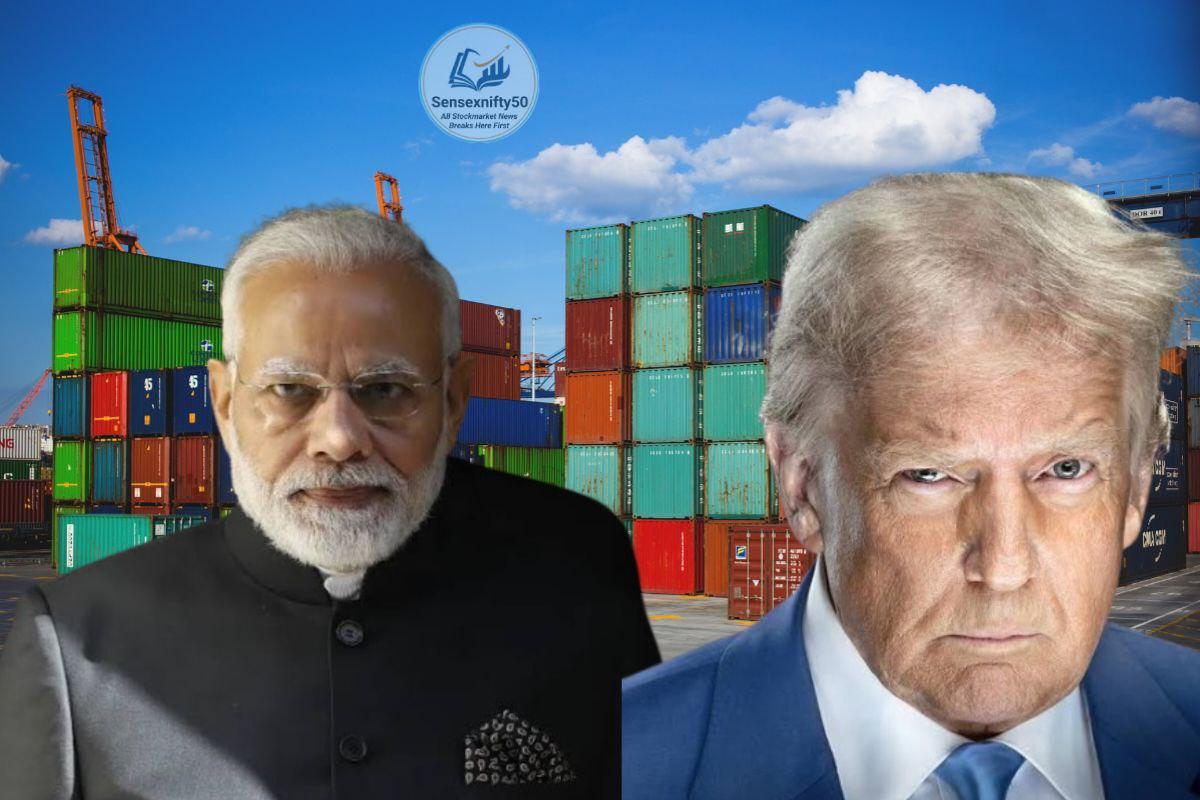
In a significant geopolitical and economic development, U.S. President Donald Trump recently announced a 25% tariff on Indian imports and further warned of additional penalties on India for continuing oil trade with Russia. Just a day later, reports surfaced that India has halted its crude oil purchases from Russia—raising the question: Has India finally bowed to U.S. pressure?
To understand this apparent shift, it’s crucial to place it in the broader context of the ongoing Cold War dynamics between the United States and Russia. For decades, the U.S. has imposed sanctions on countries engaging in trade with Russia, especially in sensitive sectors like energy. This intensified after the 2022 Russia-Ukraine war, when the West sought to isolate Moscow economically. Meanwhile, Russia strategically redirected its oil exports toward allies and neutral nations, including China and India, offering heavy discounts. As members of BRICS and among the world’s largest crude oil importers, both nations benefited immensely from this arrangement.
India, which imports nearly 80% of its crude oil needs, found a cost-effective and strategically beneficial partner in Russia. Since 2022, India ramped up its oil purchases, buying millions of barrels per month at rates far lower than global benchmarks. This helped stabilize domestic inflation and ensured energy security at a time when oil prices were extremely volatile due to global conflicts.
However, unlike China, which boldly defied American threats and declared it would continue its energy ties with Russia, India seems to have taken a more cautious route. The underlying reason is not weakness or lack of willpower, but rather economic dependency.
India’s relationship with the U.S. is economically pivotal. The United States is one of the very few nations with which India enjoys a trade surplus—meaning India exports more to the U.S. than it imports. This surplus plays a key role in maintaining India's foreign exchange reserves and balancing its current account. Any major disruption in trade relations with the U.S. could have a direct and damaging impact on India’s GDP.
Moreover, India's $250+ billion IT industry is heavily reliant on U.S. clients. Companies like TCS, Infosys, and Wipro derive a large share of their revenues from the American market. A hostile trade environment with the U.S. could prompt project cancellations, reduced outsourcing, and further layoffs—compounding the economic pain. This concern is already becoming visible; recently, TCS announced the layoff of 12,000 employees, a rare move that signals stress within the sector. Additional penalties or restrictions from the U.S. could accelerate job losses, potentially affecting thousands more.
In this context, India’s reported move to halt oil purchases from Russia appears to be a strategic retreat—not due to ideological realignment, but because of the practical cost of confrontation. Unlike China, whose economic engine is large and self-sustained enough to absorb shocks from the West, India is still walking the tightrope between maintaining strategic autonomy and preserving economic stability.
This development does not necessarily signal a permanent break from Russia. India has consistently maintained a policy of strategic balancing, engaging with both the U.S. and Russia based on its national interest. But at this moment, it appears that New Delhi has prioritized economic pragmatism over geopolitical signaling.
It’s worth noting that the U.S. has used similar tactics in the past. Whether it was forcing Europe to cut ties with Iran or pressuring allies to abandon Chinese tech giants like Huawei, the American playbook has remained consistent: use economic levers to achieve geopolitical outcomes.
For India, the next steps will be crucial. The government must find alternative energy sources that do not compromise price stability. It also needs to safeguard its IT sector and overall trade health from potential shocks arising out of escalating tensions. More importantly, India needs to accelerate efforts to diversify both its energy imports and its export markets to reduce overdependence on any single partner.
In conclusion, India's recent halt of oil imports from Russia reflects not surrender, but strategic adjustment under economic duress. The global chessboard is shifting rapidly, and for a country like India—still developing, but rising fast—every move must be calculated with both caution and ambition.




